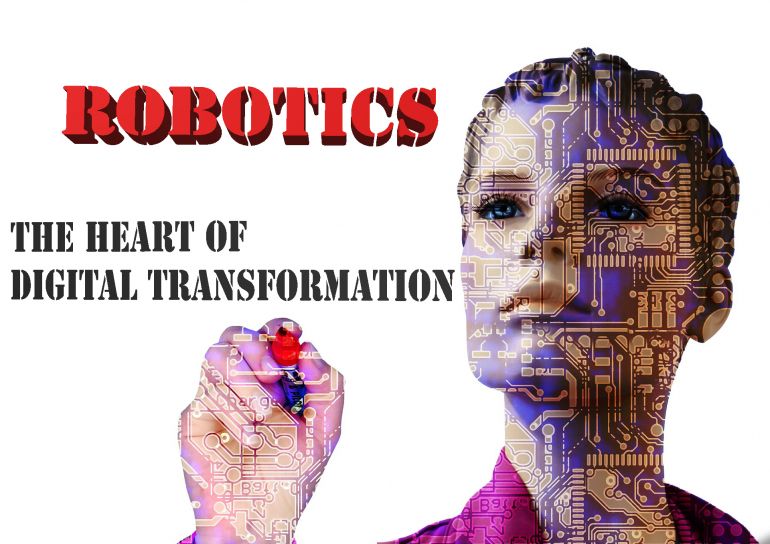Robotics – the heart of digital transformation

Citește în continuare

Digital transformation is at the top of most corporate strategies these days and Robotic Process Automation (RPA) as component of this concept represent the technology providing significant results on short-term time span.
Basically, RPA represents a software application that is programmed to perform a series of repeatable tasks according to a set of rules defined within the business process. Unlike traditional solutions or integration platforms, RPA is not build on complex coding and have therefore the advantage to be more flexible and adaptable to organization specifics. Additionally, RPA is complementing when case, the current IT business environment accessing data from multiple, disparate sources without requiring re-engineering of old processes.
In the Worldwide IT Industry Predictions 2016, analysts consider Robotics to be the next IT revolution that will bring value to organizations by allowing them to automate many tasks or processes in order to increase speed and accuracy, reduce human effort and increase quality of service rendered.
Although RPA isn’t a new concept on the market, the interest of organizations in this area has grown considerably only recently.
A practical example of RPA`s implementation is the pilot project within SG EBS.
Working with RPA`s international consecrated vendors (starting with Q1 2016), SG EBS launched an RPA POC & Pilot project within HR and Finance business lines.
The goal of piloting the RPA solution is to get the organization familiar with new process management methods and test the solution from IT security compliance – does the solution integrates within Societe Generale Group security politics?
The selection of processes in scope for the POC (1 month) and the Pilot (3 months) was done on the basis of the following criteria: manual and repetitive tasks which don’t require the agent cognitive intervention, processes with volumes variations, complex processes that require the robots to interact with external tools.
After selecting processes in scope of the project, the following phase represents developing and mapping the robots within the actual flows.
At this stage, the project doesn’t target the gains benefits but focuses on testing and validating the solution feasibility from IT security perspective and robots interactions with external tools. In addition to validating the above hypothesis, robotics implementation generate a direct impact on: process management, process flows, roles & responsibilities within impacted teams and even recruitment strategy linked to robotics solutions adoption within organization (digital/technical skills could be required for HR / Finance staff as well).
The pilot project implementation was a success, so the next step for SG EBSÂ is to start implementing Robotics at larger scale.
“Robotics is always in the future. Every once in a while, a piece of it breaks off and becomes part of the present. Then we get used to having it around, and it stops being roboticsâ€. -Jason Huggins
by Ciuca Cristiana, Innovation Project Manager
OTHER EVENTS THAT MIGHT INTEREST YOU



